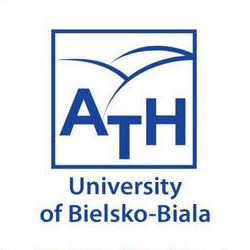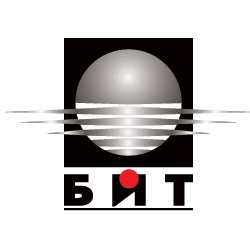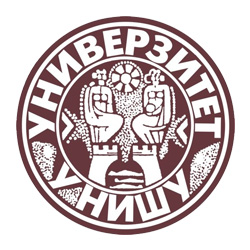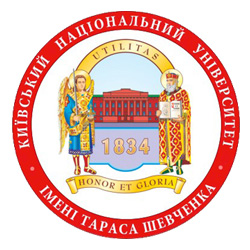Once global data started to grow exponentially a decade ago, it has shown no signs of slowing down. It‘s aggregated mainly via the internet, including social networks, web search requests, text messages, media files, IoT devices and sensors. Now, the world is powered by big data. Companies are forcing to seek experts in big data for consultations, capabilities
to harness complex data processing.
The big question is how to harness the power that Big Data gives us!
The most significant obstacle preventing organizations from realizing the full potential of their data assets is the widespread data disorder. Governments and private companies have quickly accumulated big massive of data, and adopted the environments to store them. And while insights might be buried within all that raw data; if no one knows where it came from, how to find it, what it means or if they can trust it, it will remain untapped and untouched.
Data governance is the formal orchestration of people, processes, and technology that enables an organization to leverage data as an enterprise asset. It can then be used to generate critical insights resulting in business improvement.
We need professionals who understand big data and have the competence and knowledge to manage it.
The challenge faced in light of the data revolution is finding people with the required set of skills to transform data into actionable insight. The interest on the role of the data scientist and the relating data analytics skills is growing.
Large amounts of data are generated and analyzed by various Big Data professionals. At the same time, the demand for Big Data professionals with a competences in this areas increases. On the other hand, the supply remains low which creates great job opportunities for individuals within this field.
Higher Education Institutes (HEIs) unable to cope with this fast transformation due to the rapid pace of changing and in some cases due to less flexibility in learning modes. This mismatch becomes even more intensive in Big Data, an area where trends raise urgent challenges and needs of high-qualified personnel. As a result, an inefficient loop is observed: centers of excellence struggle to find talented and skilled young specialists while graduated students are in lack of practical skills required in labor market and industry.
Acording NIST and SAS Big Data Analytics: “Big data analytics examines large amounts of data to uncover hidden patterns, correlations and other insights. With today’s technology,
it’s possible to analyze your data and get answers from it almost immediately – an effort that’s slower and less efficient with more traditional business intelligence solutions.”
Project Innovations for Big Data in a Real World ( iBIGworld ) aims to join together HEIs, business in order to address the competences and compatible job profile. This collaboration will provide innovative solutions to develop BigData experts. Leraning framework is based on IEEE guidelines for big data in Machine Learning”.
In this context, this project aims:
- to bridge the current digital skills gap in southern Europe following the European Commission's 'e-Skills for jobs' campaign.
- to build an ecosystem of key partners for creating an access port in underrepresented talent pools.
- to identify the underrepresented skills, the rationale behind the phenomenon of talented people who lack the traditional credentials to land a good job and the Big Data with the most
pressing needs. - to promote business opportunities, through a Smart BigData Job Hub, between Universities and business, including new Big Data -based internship programs, PhD student
supervision between HEIs and business. - to envisage a range of new initiatives to ensure that these skills are adequately promoted in the curriculum, in teacher development, in assessment practices and in learning content.
ICT, BigData and AI trends, new educational tools and learning resources to be collected, processed and disseminated through the Smart BigData Job Hub towards the modernization
of curricula and to further.



